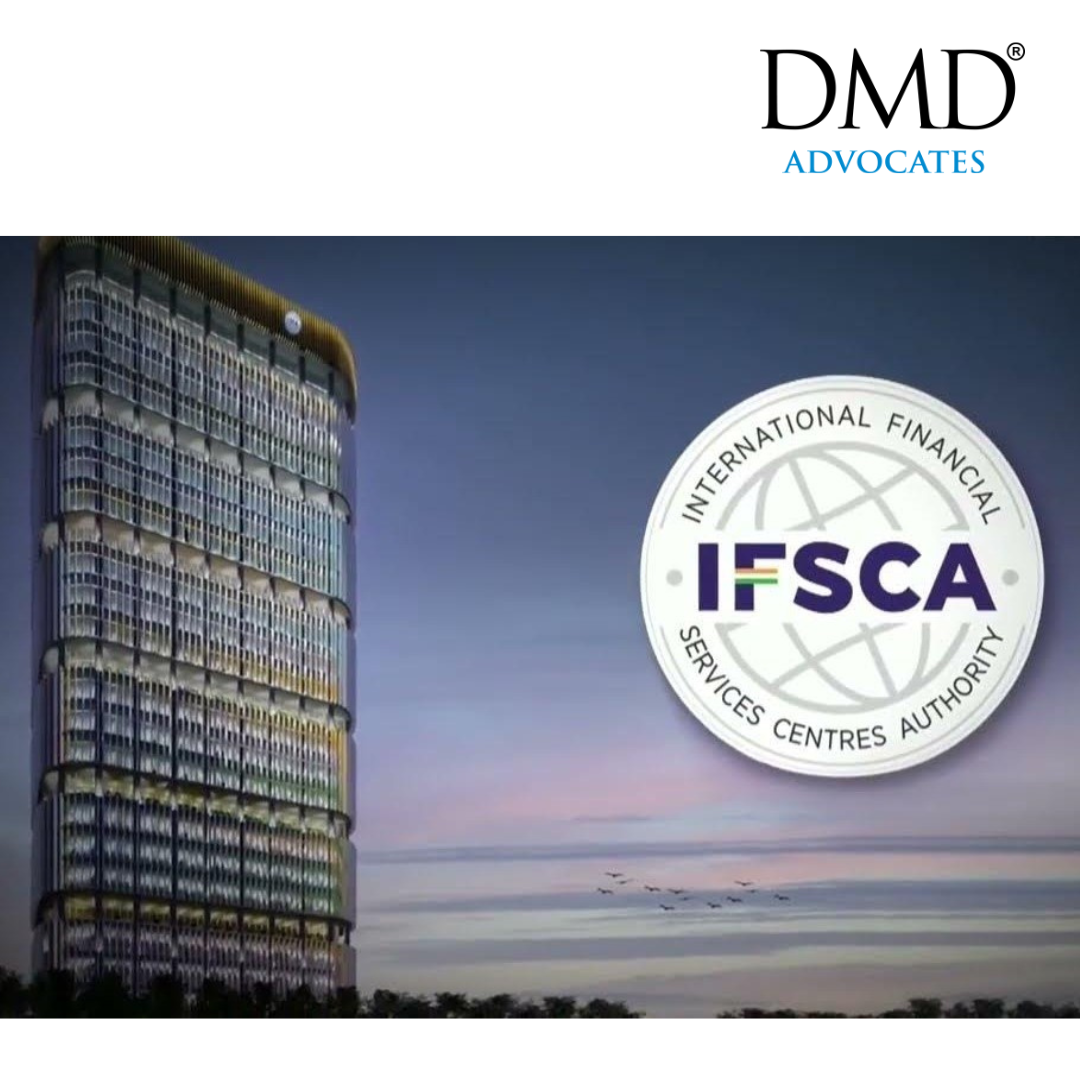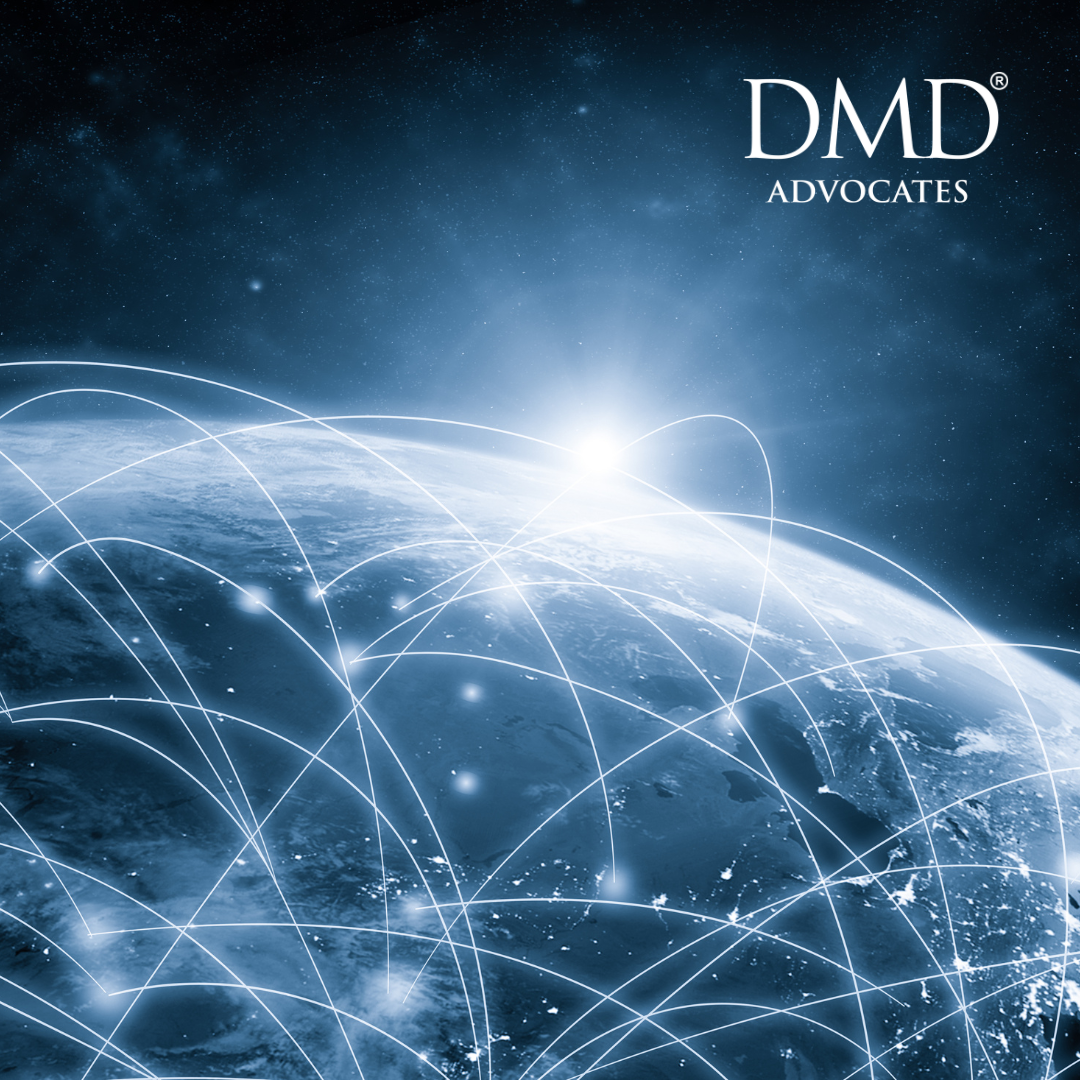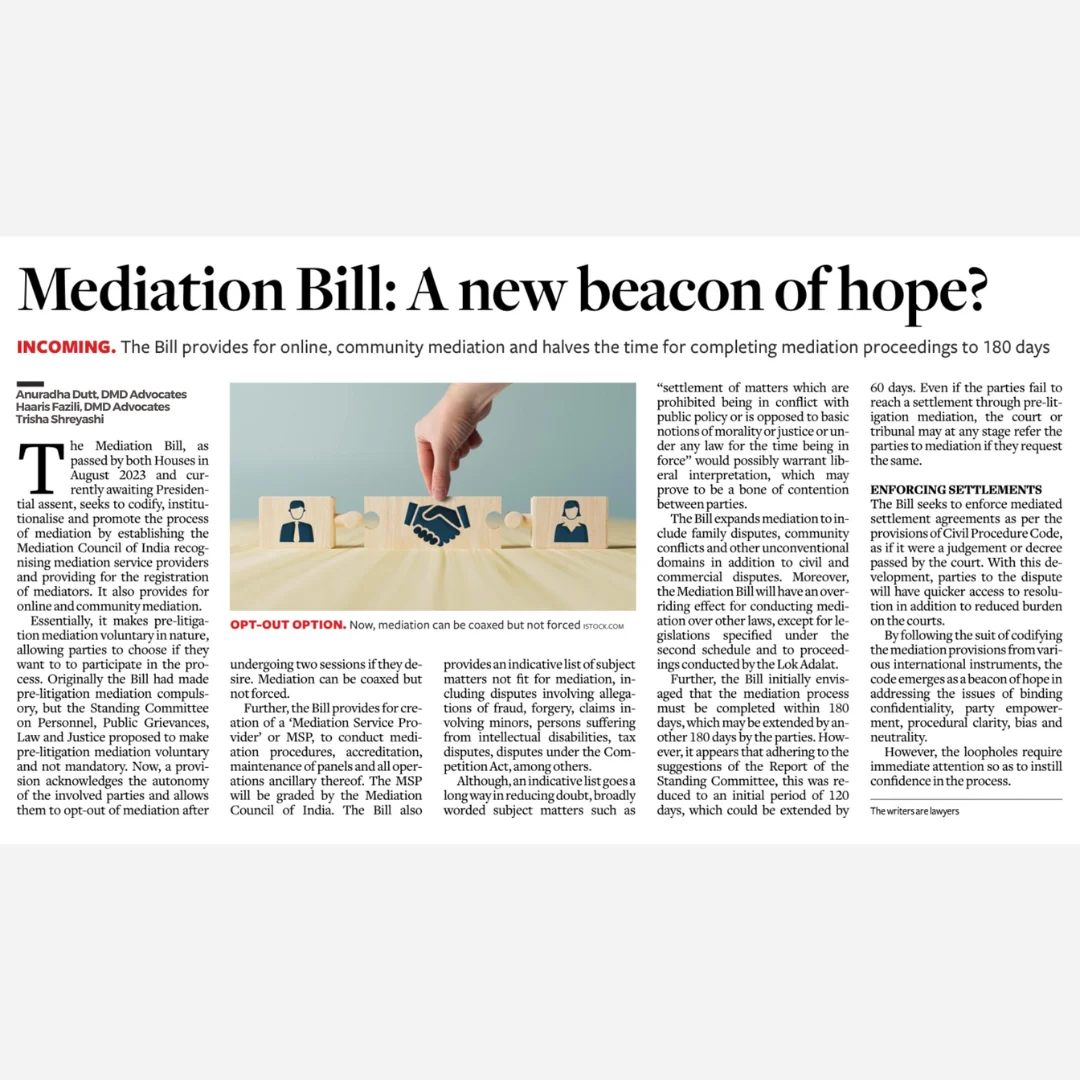Publications
Broadcasting Services (Regulation) Bill, 2023
09 Dec 2023
- DMD Advocates
- Blog
Recognising the growing need to streamline the regulatory framework with the digitization of the broadcasting sector, the Ministry of Information and Broadcasting has proposed the Broadcasting Services (Regulation) Bill, 2023 (“BSR Bill”). This marks a significant stride towards revamping India’s broadcasting landscape. It seeks to replace Cable Television Networks (Regulation) Act, 1995 aiming to bring about a unified and contemporary legal framework for the expanding broadcasting sector. Unlike its predecessor, the BSR Bill extends its reach to include Over-the-Top (“OTT”) broadcasting services, digital news.
Key Provisions
• Self-Regulation: The BSR Bill introduces Content Evaluation Committees (“CEC”) mandating that every broadcaster or broadcasting network operator to establish CEC with members from various social groups, including women, child welfare, scheduled castes, scheduled tribes, minorities, and others as may be specified. Further it transforms the existing Inter-Departmental Committee into a participative ‘Broadcast Advisory Council’ (“BAC”) which will hear complaints regarding violation or contravention of the Programme Code or Advertisement Code. This shift aims to enhance self-regulation by engaging industry stakeholders in shaping and adhering to ethical broadcasting standards.
• Regulation of OTT Broadcasting Services: The BSR Bill defines OTT Broadcasting Services as broadcasting services made available on-demand or live to subscribers or users in India; and where a curated catalogue of programmes owned by, licensed to, or contracted to be transmitted, over the internet or a computer resource, not being a closed network; and where additional hardware or software or combination thereof including a set-top-box, or dongle and software keys may be required to access content on non-smart televisions or viewing devices. The definition specifically excludes social media intermediary, or a user of such intermediary, as defined in rules under the Information Technology (Intermediary Guidelines and Digital Media Ethics Code) Rules, 2021. Under the BSR Bill, the OTT Broadcasting Services will be required to ensure that their content is certified by a CEC and will have to comply with a multi-layered regulatory system such as conformity with the Programme Code and Advertisement Code (described below) refrain from functioning of the authorised telecommunication systems, maintenance of subscriber records, undertaking external audit etc. It is pertinent to note that while other kinds of broadcasting services are required to obtain a registration, OTT Broadcasting Services have not been asked to comply with the same requirements. Instead, they are required to provide an intimation to the government that they are providing OTT Broadcasting Services if they meet a certain threshold of subscribers/ viewers in India as prescribed by the government.
• Differentiated Programme Code and Advertisement Code: Under Section 19 of the BSR Bill, different Programme Code and Advertisement Code may be prescribed for programmes and advertisements broadcast through: (a) linear broadcasting services; (b)on-demand broadcasting services; (c) radio broadcasting services; and (d) any other category of broadcasting service as notified by the Central Government. The BSR Bill also mandates self-classification under Section 21 by broadcasters to ensure that programming and advertisements align with the unique characteristics of various broadcasting services therefore pioneering a differentiated approach, recognizing the diverse nature of broadcasting content and the responsibilities of different service providers.
• Accessibility for Persons with Disabilities: Acknowledging the specific needs of persons with disabilities, the BSR Bill mandates comprehensive accessibility guidelines. Broadcasters are required to take measures such as incorporating subtitles, providing audio descriptions, and translating content into sign language, fostering a more inclusive broadcasting environment.
• Infrastructure Sharing, Platform Services, and Right of Way: The BSR Bill incorporates provisions for infrastructure sharing among broadcasting network operators, facilitating efficient collaboration. It also streamlines the Right of Way section to enhance the relocation and alteration processes.
• Statutory Penalties and Fines: The draft BSR Bill introduces statutory penalties such as advisory, warning, censure, or monetary penalties for operators and broadcasters. The BSR Bill further provides for imprisonment and/or fines for very serious offenses outlined in Schedule III.
• Equitable Penalties: The BSR Bill recognises that monetary penalties and fines are intricately linked to the financial capacity of the entity and therefore considers the investment and turnover of the entity.
• Repeal: The BSR will repeal and replace the Cable Television Network (Regulation) Act, 1995.
The BSR Bill, represents a commendable effort by the Ministry of Information and Broadcasting to modernize and consolidate the regulatory framework for India’s broadcasting sector. The proposed legislation addresses the dynamic nature of the industry by encompassing emerging technologies, such as OTT content and digital news. It introduces differentiated codes, prioritizes accessibility for persons with disabilities, and emphasizes self-regulation through CEC and the BAC.
Implications
However, the BSR Bill has sparked debates and criticism, particularly regarding its potential impact on content autonomy, creativity, and the dual regulatory scenario for OTT platforms. Concerns about the subjective nature of codes, potential censorship, and the imposition of a pricing regime for OTT content have been raised. The provisions related to equipment seizure also raise operational concerns. As stakeholders engage in discussions and public consultations, addressing these criticisms and striking a balance between regulation and industry flexibility will be crucial to ensuring the effectiveness and fairness of the proposed regulatory framework for India’s broadcasting landscape.
Credits: Aditi Kumari (Associate) & Sarthak Kapur (Associate)



























